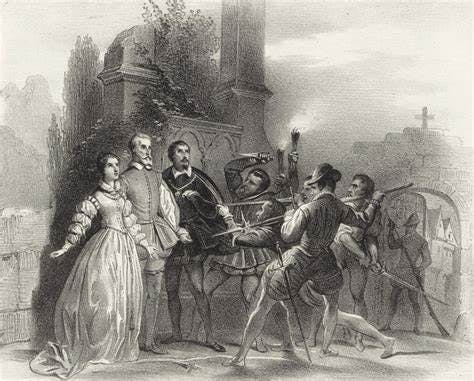
Jaques Le Fevre
1455 AD–1536 AD
Jacques Lefèvre d'Étaples, or Jaques Le Fevre, was a French theologian, scholar, and humanist who made significant contributions to the intellectual and religious reforms of the early 16th century. Born around 1455 in Étaples, a northern French town, Lefèvre studied at the University of Paris. There, he acquired expertise in classical literature, philosophy, and theology and became a professor at the Sorbonne. His early scholarly efforts were directed at explaining Aristotle's writings, and he was widely recognized as a specialist in scholastic philosophy.
Lefèvre's actual contribution began with his efforts on the Bible. He attempted to popularize religious literature among the people, an aim that fit into the broader humanist movement of the time. In 1512, when he was preparing to comment on the Psalms and Paul's Epistles, he stumbled over the doctrine of justification by faith. He found that salvation did not occur because of man's work or acts of religion but was a gift received through trust in God's grace. It became one of the mainstones of the Protestant Reformation, though Lefèvre never actually parted company with the Catholic Church.
One of Lefèvre's most notable achievements was his French translation of the New Testament, published in 1523. It brought scripture to ordinary people and was a significant step toward the democratization of religious instruction. He later translated the entire Bible into French, which was published in 1530. These translations helped spread reformist thinking, despite opposition from conservative theologians at the Sorbonne, who viewed Lefèvre as a revolutionary agent of change.
Lefèvre fled persecution fears to Strasbourg and thence to Nérac, where he resided under the protection of the powerful queen and early religious reformist Marguerite of Navarre. Although he remained a Catholic, Lefèvre's work prepared the way for the French Reformation and affected future generations of religious thinkers. He passed away in 1536, leaving a legacy as a thinker who sought to balance religion and reason while calling for access by all believers to the scriptures.

